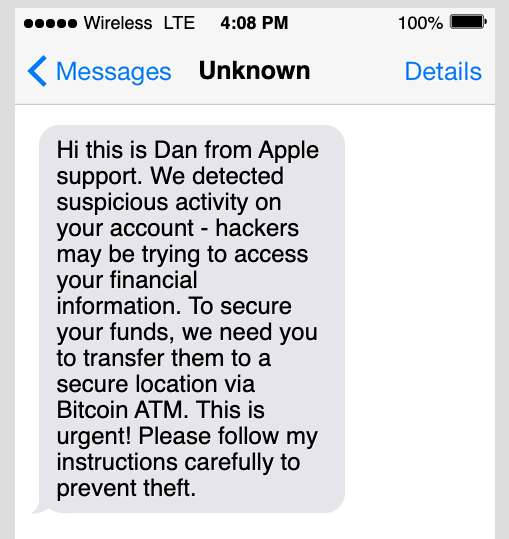Crypto Fraud Losses Soar to $9.3 Billion in 2024 Amid Social Media Scam Warnings

Coinbase Support recently issued a critical warning to cryptocurrency users regarding the pervasive threat of scams on popular messaging platforms like Discord and Telegram. The alert, shared on social media, specifically cautioned against promises of "fast money, free tokens, or 'urgent' help," advising users to "pause and verify" such offers. This comes as recent data highlights a dramatic increase in financial losses due to cryptocurrency-related fraud.
According to the FBI's 2024 Internet Crime Report (IC3), cryptocurrency fraud complaints reached 149,686 in 2024, resulting in a staggering $9.3 billion in losses. This figure represents a 66% increase in losses compared to the previous year, underscoring the escalating challenge faced by digital asset holders. Further data from Fool.com indicates that $939 million in cryptocurrency was lost to scams in the first half of 2025, continuing the upward trend.
Platforms like Discord and Telegram have become fertile ground for scammers due to their community-focused nature and ease of impersonation. Common tactics include individuals posing as customer support, offering fake giveaways, orchestrating pump-and-dump schemes, and hijacking administrative accounts. These fraudsters often attempt to trick users into revealing sensitive information like seed phrases or private keys, or connecting their wallets to malicious links.
Coinbase has explicitly stated that it does not offer customer support through Telegram and maintains no official presence on the platform, with the sole exception of its official Coinbase Italia channel. The company's security team actively monitors threat actors who exploit the Coinbase brand on these platforms for various fraudulent activities, including crypto scams and account takeovers.
To safeguard assets, Coinbase and security experts advise users to never share login credentials, passwords, or verification codes. They also recommend avoiding suspicious third-party links and exclusively using official support channels for assistance. Enabling multi-factor authentication (MFA) and maintaining skepticism, especially when faced with urgent requests, are crucial steps for protecting digital investments against evolving scam methodologies.